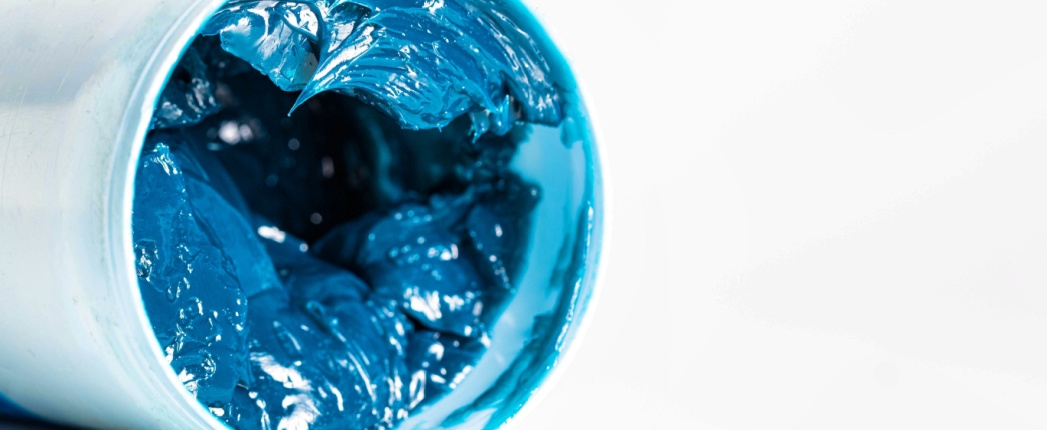
LISBON, Portugal – Lithium could lose its spot as a most common thickener for automotive and industrial greases in the coming years because of rising competing demand for electric vehicles and new energy storage solutions, an industry event heard recently.
Higher prices and supply disruption for castor oil derivatives – which are essential for lithium grease production – are also putting pressure on use of these greases, an official from Axel Christiernsson told the ACI European Base Oils and Lubricants Summit held here Nov.17.
The world produced an estimated 1.1 million metric tons of grease in 2020, according to the National Lubricating Grease Institute’s annual survey, and 72% of those were made with lithium or lithium complex soap thickeners. Most of those products are multipurpose or extreme pressure greases with NLGI’s number 2 rating, meaning they can be applied in more important parts than a simple swivel hitch and may not require frequent relubrication.
“They are affordable, available and have good all-round qualities with general performance for light- to medium-loaded applications and running at higher to medium speeds,” Axel Christiernsson Technical Support Manager Dennis Eijdenber told the ACI conference. “Lithium greases are preferable for basic automotive and industrial applications.”
Axel is a Swedish company that operates grease factories in Sweden, the Netherlands, France and the United States.
The global grease market is already facing the prospect of lithium shortages because of rising sales of plug-in hybrid vehicles and those running solely on battery power, along with the race for new energy storage solutions in sectors such as nuclear energy, power distribution or information technology.
“Lithium is the preferred technology for high performance batteries. It gives high electrode potential, has excellent electrochemical characteristics and very high heat capacity,” Eijdenberg said.
According to the latest estimates, batteries are expected to account for 95% of global lithium demand by 2030.
Assuming an aggressive shift to electric vehicles, global demand for lithium carbonate is expected to increase at an annual rate of 25% through 2030, from around 300,000 tons in 2020 to 3.6 million tons by 2030, Eijdenberg said, quoting data by McKinsey & Co. consultancy.
Lithium production is poised for a major upscaling and is expected to expand 20% annually by 2030, according to MineSpans.
“It will likely be challenging to return to lower supply costs over the foreseeable future,” Eijdenberg said, adding that all of these factors have put a strain on the lithium oxide spot prices in the European Union and the United States., which went up from around U.S. $10 per kilogram in March 2021 to above $80/kg in November 2022.
This would have a tremendous impact on lithium as soap thickener in the lubricating grease applications, according to Axel.
“We are already seeing a major search for lithium-free lubricating greases, with availability and pricing driving the market for lithium-free alternatives,” Eijdenberg said.
He added that switching from lithium hydroxide to another metal hydroxide is a complex task and that formulators must consider grease performance requirements. Axel has identified several types of alternative thickeners: anhydrous calcium, calcium sulfonate and polyurea.
“Anhydrous calcium is already in use in several segments, such as marine, agriculture, forestry, off-road and is also suited for use in [environmentally acceptable] and food-grade applications,” Eijdenberg said. “The thickener is characterized by high resistance to water, good low-temperature rheology, high shear stability and high adherence to surfaces.”
Greases made with calcium sulfonate complex thickeners and polyurea greases are both well-suited for applications with high speeds and can tolerate extreme loads and high temperatures, and have high resistance to water and dirt, he said.